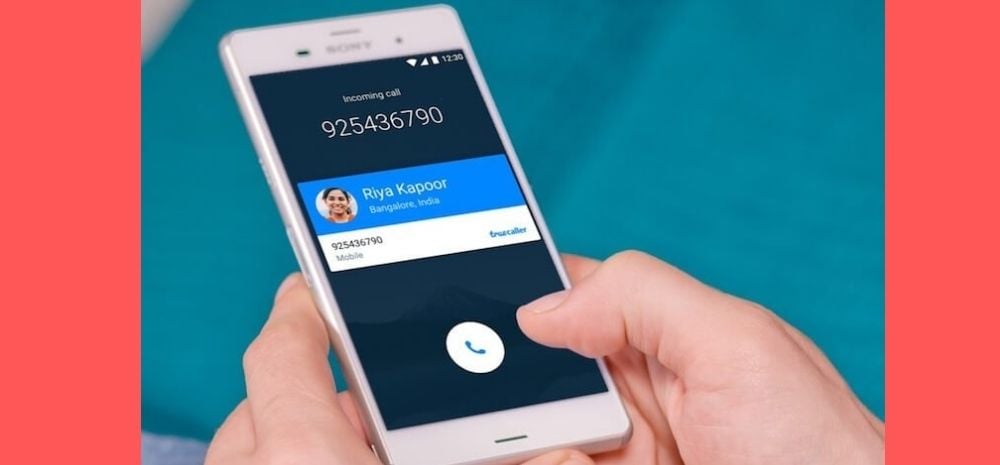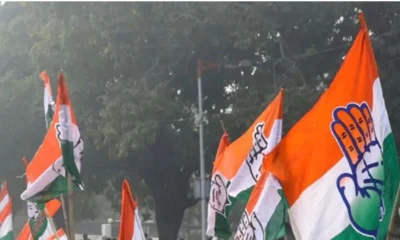Telecom industry body Cellular Operators’ Association of India (COAI) has contended that implementation of Calling Name Presentation (CNAP) should not be made mandatory but kept optional for operators.
In a consultation process initiated by the Telecom Regulatory Authority of India (TRAI) on the need to introduce the Calling Name Presentation (CNAP) supplementary service in the telecommunication networks, COAI shared, privacy and cost related concerns with the regulator.
In simple terms, CNAP is a supplementary service which enables the caller’s name to flash on phone screens when someone calls.
COAI highlighted that not all handsets are capable support the function and flagged concern related to privacy and confidentiality of the country’s subscriber information.
The COAI cautioned that handset manufacturers and operating system providers have control over the data obtained through the CNAP facility which could result in the breach of subscriber data privacy as the manufacturers of mobile devices and OS providers would amass subscriber data for the entire country.
The telcos compared this likely privacy breach to “building up of name and mobile number database as is in Aadhaar database, with third parties” and asked if any study exists on benefits of such a system.
It said a detailed cost benefit analysis should be conducted before adoption of CNAP “if at all its implementation of CNAP is to be considered in India”.
TRAI must carry out a Regulatory Impact Assessment before coming out with any recommendation, COAI said.
The industry body also highlighted the technical complexities involved in implementation of CNAP and went on to say that it is extremely important that the authority shares the draft recommendation with the industry for comments and inputs “prior to finalizing the same”.
They said that while there are potential benefits of the service for subscribes, the challenges, however, outweigh those benefits.
Reliance Jio highlighted Calling Name Presentation should not be a mandatory service, given the limited availablility of CNAP enabled devices in India.
Read Also: Cop killed, 4 injured as pilot vehicle with Chhattisgarh BJP chief’s convoy overturns
“CNAP facilities is a good to have supplementary VAS service, however, in a country where over 375 million users (over 350 million mobile non broadband users and over 25 million wireline users) are unlikely to possess a CNAP enabled device, in addition to a sizable portion of the wireless broadband users that may not be possessing CNAP enabled devices as well, it can safely be said that it should not be a mandatory service,” Jio said its consultation.
Jio also explained there will be tons of technical issues like increased load on signaling and possible impact on latency and interconnection related issues.
The industry giant also pointed out privacy related concerns with the mandatory activation of the CNAP service on every device.
“Furthermore, when a large section of telecom subscribers that is users on 2G-3G feature phones, 4G feature phone, smartphones not enabled with CNAP, smartphones requiring major update for CNAP, landline users etc will anyways be not able to avail this service, then the mandatory activation is a moot point and should be avoided,” Jio said.
Farooq bats for India-Pak dialogue to end terrorism in J&K; Don’t let tainted ones use Yatra to whitewash their past, warns Omar as Abdullahs join Bharat Jodo Yatra
Man traveling in train with dog in backpack will you feel AWWW | WATCH


 Latest world news16 hours ago
Latest world news16 hours ago
 Latest world news16 hours ago
Latest world news16 hours ago
 India News16 hours ago
India News16 hours ago
 Latest world news7 hours ago
Latest world news7 hours ago











